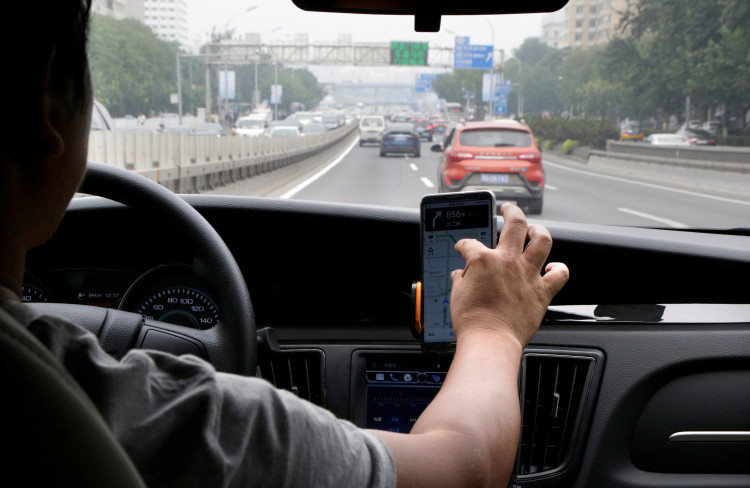China plans to raise the requirements for electric vehicle startups, aiming to a crash of the growing economy and to nurture fewer but more competitive players. The new rules will take effect this month and it will only allow "eligible" companies to outsource production to other automakers.
In the previous years, the Chinese government provided subsidies to companies who plan to invest in the electric vehicle market as it promotes cleaner sources of energy while aiming to curb the carbon emission in the country. Investment in electric vehicle poured in causing a flood of startups that aims to develop its own cars and to take advantage of the world's largest market for cars. The promising market also attracted the investments of foreign firms like Tesla.
The government decided to end the subsidies to tighten the competition and to control the growing number of startups in the industry. Currently, China has at least 486 electric-vehicle companies aspiring to operate in the country. Bloomberg reported Tuesday that China's electric-car makers have raised $18 billion since 2011. Competition between local and foreign firms is intense in the fresh electric vehicle market in China.
The second largest economy in the world plans to impose strict regulations on electric vehicle startups who farm out their manufacturing. The new rules will require new-energy vehicle makers to have a research-and-development investment in China of at least 4 billion yuan ($580 million) over the past three years if they plan to tap other companies' production capacity.
They also need to reach global sales of pure-electric passenger vehicles of at least 15,000 units over the past two years, and paid-in capital of potentially billions of yuan.
The new rules will also extend manufacturing contracts to run at least three years producing at least 50,000 units at one location. The policy will also limit startups to sign agreements with no more than two automakers.
China's Ministry of Industry and Information Technology is in charge of drafting the new rules. The contents are still subject to changes. Electric vehicle startups outsource their production to quickly bring out their models while they plan for their own factories.
Nio Inc., known as one of the biggest local electric vehicle competitors, is in an agreement with Anhui Jianghuai Automobile Group to assemble its cars while it is preparing its manufacturing facility in Beijing. Xpeng Motors, an electric-SUV maker, signed a contract with Haima Automobile Group Co. while it is constructing its own factory. The company has released over 4,700 vehicles since it started its deliveries in December.





